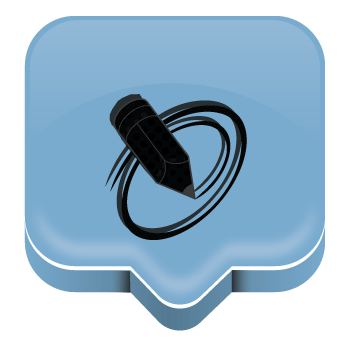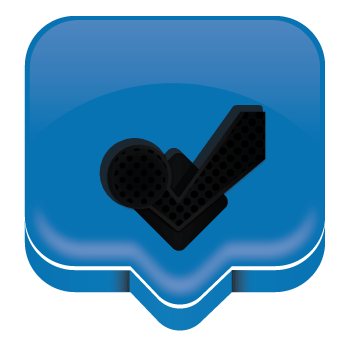Hass & Associates Online Reviews: Tips for Safe Online Shopping
Posted in Hass & Associates Online Reviews, Tips for Safe Online Shopping BILLINGS - From major companies like Home Depot, Target and
Albertsons -- to everyday people -- data breaches are becoming more and more
common. If you are shopping or banking online, experts have a few tips to
keep your data safe.
BILLINGS - From major companies like Home Depot, Target and
Albertsons -- to everyday people -- data breaches are becoming more and more
common. If you are shopping or banking online, experts have a few tips to
keep your data safe.
If you're using a phone, start by assigning a passcode, and turn
off your Bluetooth and Wi-Fi when you're not at home. Using different passwords
for every account is also a good idea, according to CNN Money. Before entering
your card details online, make sure there is a lock symbol in the task bar,
which ensures the connection is secure.
Stockman Bank Vice President of Operations Rhonda Moore says if
fraud is involved in online purchases, with a debit card, the money in your
account becomes unsafe, but with a credit card, the money belongs to the credit
card company.
"If you're going to be shopping online with your debit card,
you should also have online access to your bank account, so you can make sure
the charges are all valid and they're all yours," she said.
Staysafeonline.org suggests the following tips:
"Keep a clean machine: Having the latest security
software, web browser and operating system are the best defenses against
viruses, malware and other online threats.
Make passwords long and strong: Combine capital and lowercase
letters with numbers and symbols to create a more secure password.
Unique account, unique password: Separate passwords for every
account helps thwart cybercriminals.
When in doubt, throw it out: Links in email, tweets, posts, and online advertising are
often the way cybercriminals compromise your computer. If it looks suspicious,
even if you know the source, it's best to delete or if appropriate, mark as
junk email
Get savvy about Wi-Fi hotspots: Limit the type of business you
conduct and adjust the security settings on your device to limit
who can access your machine."
If you notice something suspicious on your statement, immediately
call your bank or credit card company, Moore said.
Next, delete emails and personal messages with any banking information,
and change all of your passwords.















0 comments: